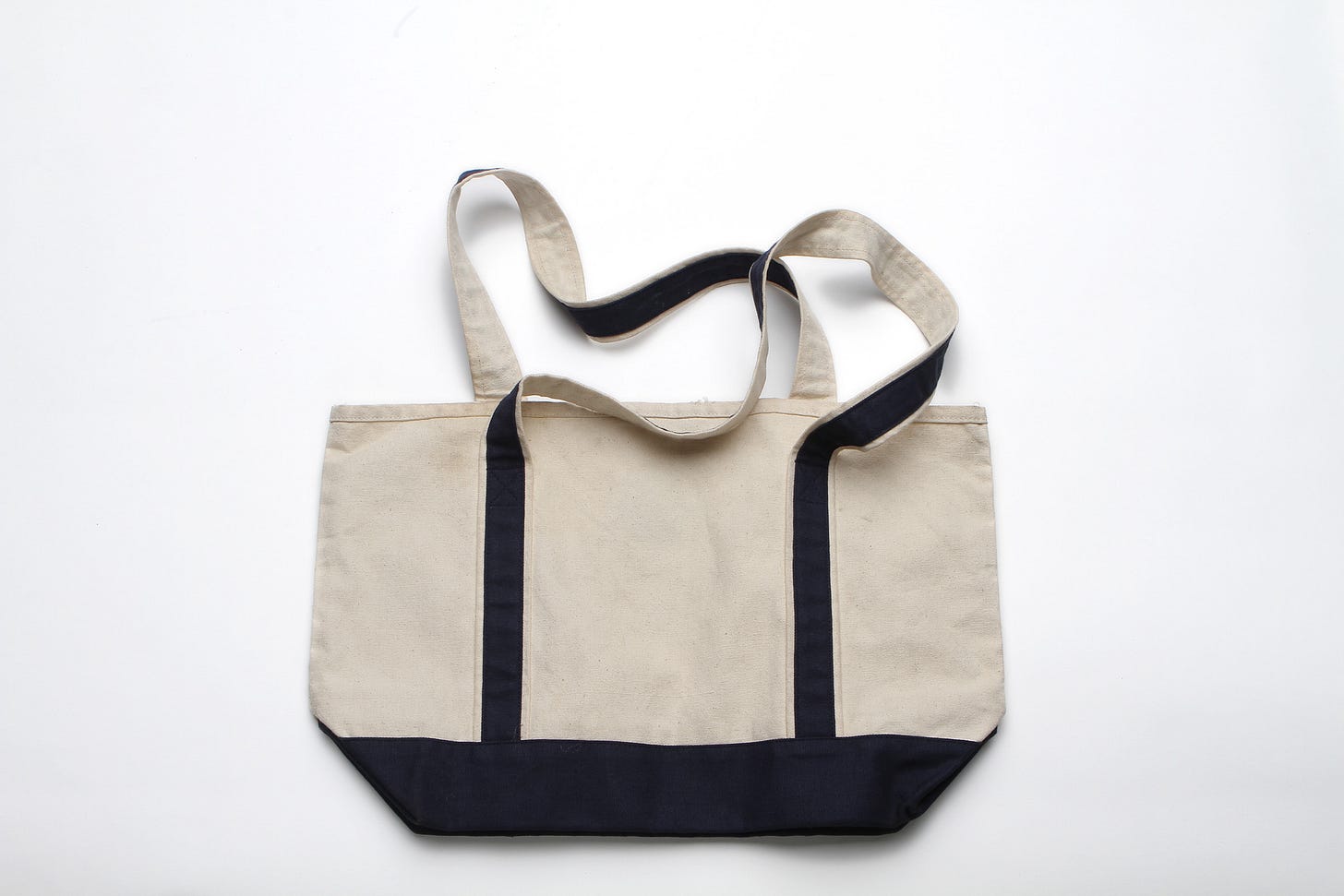Using COVID-19 to wage war on reusable grocery bags
Conservative interests are teaming up to bring back the single-use plastic bag, using scientifically questionable claims that reusable bags spread coronavirus.

It took Maine Governor Janet Mills 12 days since the first case of novel coronavirus hit to implement the type of restrictive social distancing policies scientists overwhelmingly recommend to halt disease spread, including the closure of nonessential businesses.
It took her only five days, however, to delay the state’s ban on single-use plastic bags, us…


